I would highly recommend Inclusive Futures to anyone wanting to challenge themselves to support those from underrepresented backgrounds and create truly inclusive leadership within their business”
Inclusive Leadership workshop
This workshop gives individuals the opportunities and space to decide who they want to be as a leader and learn how to create inclusive environments that nurture diversity and performance.
In this single workshop or in-depth series of workshops, we help leaders and aspiring leaders to create environments where everybody can thrive. Research shows that when we don’t feel included, we are not able to perform at our best and that truly inclusive teams perform more highly than less inclusive ones.
We want leaders to feel they not only tick the boxes that demonstrate they’re creating an inclusive working environment, but that every day they are demonstrating this leadership by example and application. On our leadership journeys we are all prone to seeing poor examples of or picking up bad habits about what leadership should look like. We give participants the opportunities and space to decide who they really want to be as a leader and how to create inclusive environments.
As well as ensuring that they are aware of and considerate of protected characteristics when creating inclusive cultures, we also welcome exploration of other ways in which they want to develop inclusive and thriving workplaces. We encourage participants to think more deeply about colleagues who are perhaps more introverted or extroverted; the geographical locations of offices and colleagues; the spectrum of neurodiversity; and a host of other considerations that can really make a difference in how psychologically safe we feel as employees. We want to help workshop participants who know that regardless of what a person’s background or personal preferences are, they deserve a workplace where they feel they can thrive.
In this workshop we cover:
-
The four key traits of an inclusive leader
-
Social Mobility, Cultural Capital and what the research shows
-
Our ego states and how we can respond and lead with all the resources we have
-
Being comfortable with ambiguity: how to show up, be comfortable in not knowing all the answers and letting others step up
-
The difference between gut instinct and intuition
-
Using coaching principles to create trust and space for all colleagues
-
Celebrating diverse perspectives.
Who is it for?
-
Established leaders who are brave enough to know that they can do things better and who want to create inclusive environments
-
Aspiring leaders looking to bring an informed, inclusive perspective to the workplaces they support







